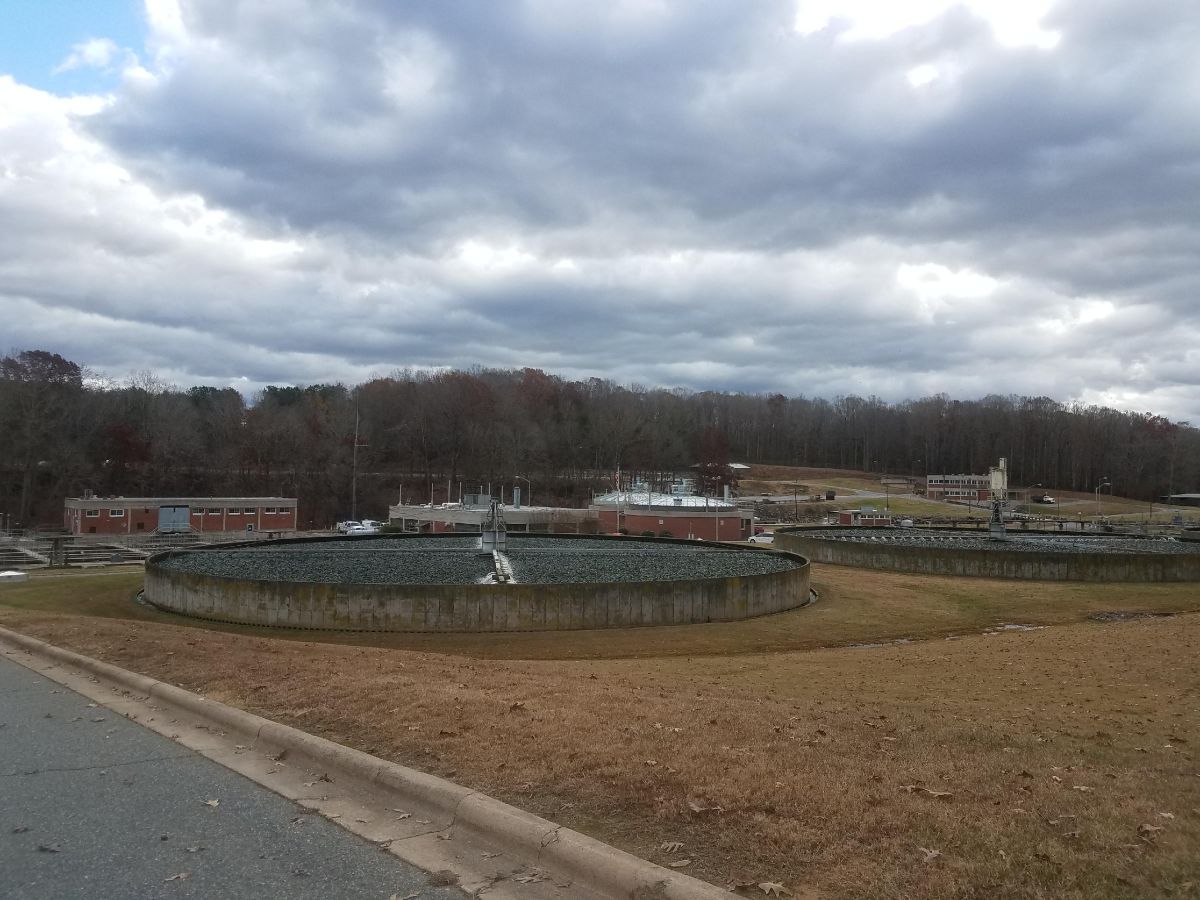WILMINGTON – After nearly two years of debates, discussions and compromises, New Hanover County has a revised industrial special-use permit.
The New Hanover County Board of Commissioners on Monday unanimously adopted several text amendments to the county’s zoning ordinance that establish the rules and guidelines for the special-use permitting process.
Supporter Spotlight

Commissioner Rob Zapple called the revisions “huge,” saying their adoption is one step in an ongoing process of updating the county’s unified development ordinance, or UDO, which establishes rules for property development.
Special-use permits are a way to make zoning rules more flexible by permitting, under certain conditions, property uses not allowed by right, such as operations that could affect surrounding areas.
Among the biggest changes within the updated industrial special-use permit is that it identifies 16 so-called intensive industries. This includes animal slaughtering and processing; paper and paperboard mills; petroleum and coal products manufacturing; pesticide, fertilizer and other agriculture chemical manufacturing; explosives manufacturing; and alumina refining, secondary smelting and alloying of aluminum production.
These industries will be permitted as a special use only in the county’s heavy industrial district.
Under the newly adopted rules, the county planning board has to wait for a review period of 35 business days before the board can consider a special-use permit for intensive industries.
Supporter Spotlight
An applicant must hold a community information meeting to share its manufacturing proposal with the public, which has to occur before the planning board deems an application complete.
Intensive industry applicants must also give a written description of the proposed development, pinpoint on a map federal and state wetlands that may be affected by the project, and identify all local, state and federal permits, such as air and water quality, that the project may require.
While the text amendments have the support of the local business community and environmental groups, including the North Carolina Coastal Federation and Cape Fear River Watch Board of Directors, some of those proponents asked commissioners to reconsider the table of permitted uses, a list of industries permitted by right.
The reclassification of several industries from “heavy” to “general” or “limited” zones has drawn opposition from residents who point out that such industries would be allowed in areas close to neighborhoods and retail businesses.
Those industries that have been reclassified include basic chemical manufacturing of resin, synthetic rubber and artificial synthetic fibers, glass and glass product manufacturing, cement and concrete product manufacturing and plastics product manufacturing.
The review period for these types of industries is 20 business days under the proposed changes. Unlike intensive manufacturing, these industries would not require community information meetings.
Mike Giles, a coastal advocate with the Coastal Federation’s Wrightsville Beach office, said the federation has concerns about the table of permitted uses, but that the special-use permitting process, while not perfect, will help the county with outdated ordinances until changes to the UDO are made.
For more than a year, the Coastal Federation led a community task force of various stakeholders that hashed out a “model” industrial special-use permit. The SUP commissioners adopted Monday night is a compromise of the federation’s version and amendments suggested in what is referred to as the 2014 SUP.

“Compromise is a needed thing these days,” said Roger Shew, a professor with the University of North Carolina at Wilmington’s Department of Earth and Ocean Sciences. “I believe the SUP is both good and needed and not a deterrent to business. I do believe there is a middle ground in economics and environment.”
Like a chorus of residents – medical professionals, educators, homeowners’ association representatives – who spoke in opposition to the table of permitted uses before commissioners voted Monday, Shew said he too is concerned about some of the industries reclassified as light industrial.
He asked commissioners to take another look at the table of permitted uses.
Dr. Robert Parr, a county resident and business owner, listed specific cases in other states where industries considered light industrial under the newly adopted table of permitted uses emitted contaminants that adversely effected nearby neighborhoods.
“Local zoning ordinances are the first vital steps in protecting citizens from these types of health concerns from heavy industrial uses,” Parr said.
About 1,000 acres in the county are zoned for light industry. While that is considerably less than land zoned for intensive industry, a major of the light industrial zoning abuts residential neighborhoods and businesses.
Commissioner Skip Watkins said that while he cannot predict the future, he would hope that county leaders would permit something “in harmony of existing structures” in those areas.
As part of the UDO revision process, the county can look at rezoning areas that have been developed in ways that are not in conjunction with their original zoning, New Hanover County Planning Director Chris O’Keefe said.
During the UDO process, anywhere from five to 10 public hearings will be held, according to county officials.







